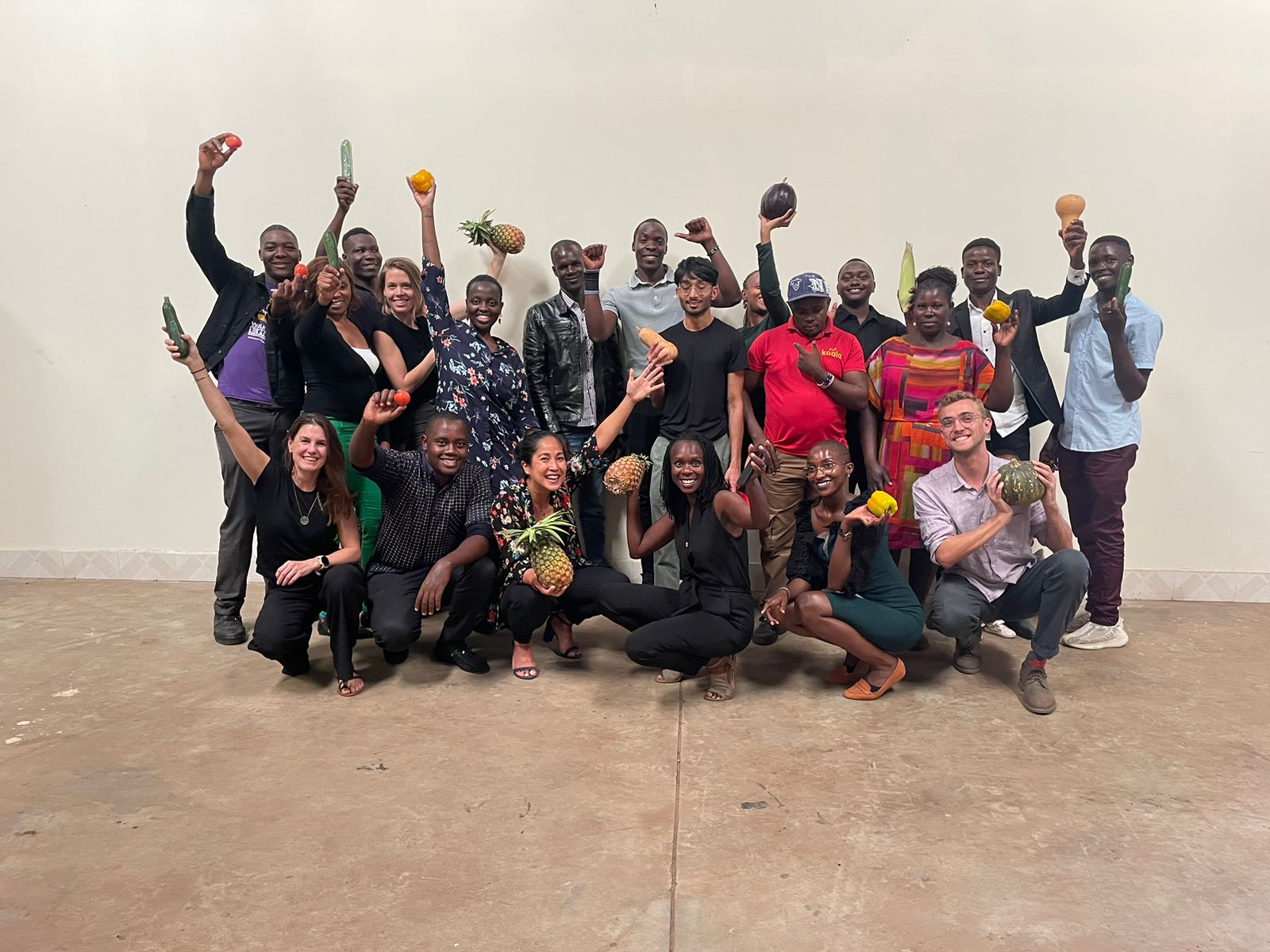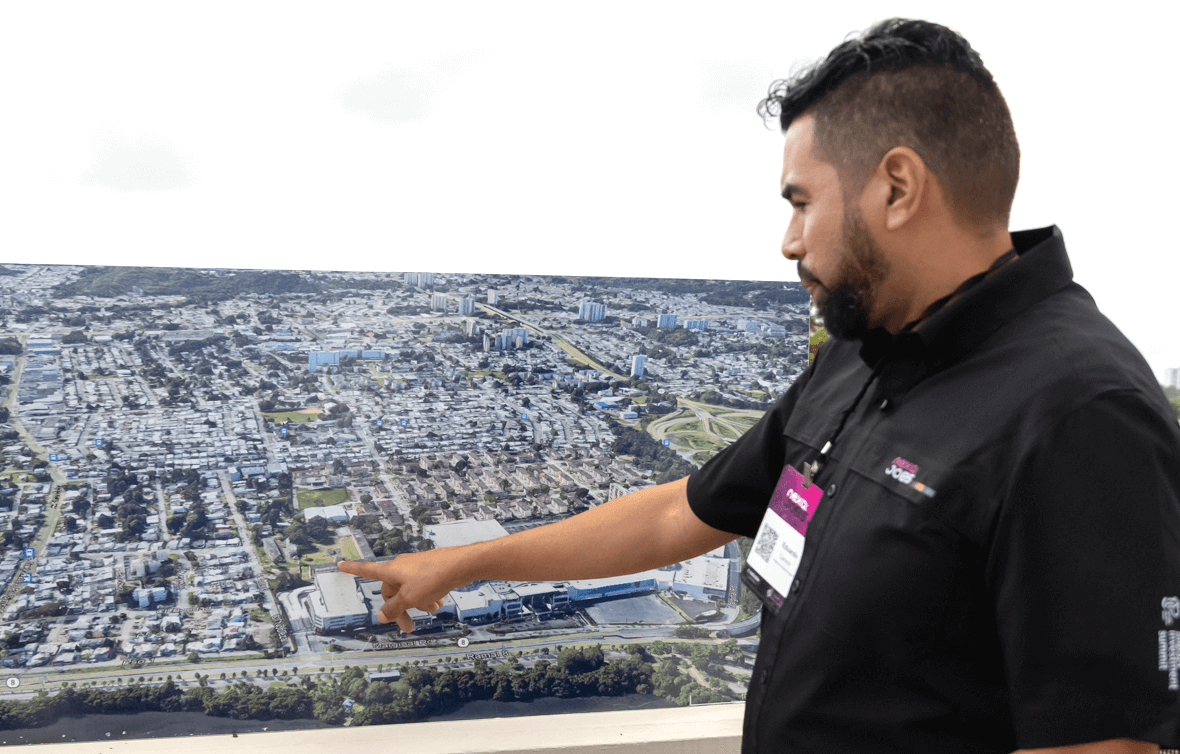Greetings, ImpactAlpha readers!
#Featured: Open Mic
Making the big tent of impact investing even bigger. Large pension and sovereign-wealth funds, along with other major asset owners and managers, are finally weighing social and environmental impact in their investment decisions. Such “mainstreaming” has long been a primary goal of impact investing’s early movers. So why are so many of them now concerned by the arrival of the big dogs of global finance? More than two-thirds of the respondents to a recent survey by the Global Impact Investment Network worried the trend raised the risks of of mission drift or “impact dilution.”
In a guest post on ImpactAlpha, the GIIN’s Amit Bouri takes on the purists and argues for an inclusive approach. To attract new investors, Bouri suggests, ask not only “what is an impact investment?” but also “How are you investing for impact?” Encourage everyone involved in the financial community to view investment through an impact lens. “To tackle issues on the scale of the Sustainable Development Goals and global climate targets, we must think even bigger and engage a much broader set of investors,” Bouri writes. “The global capital markets are worth trillions of dollars. Against this, impact investing is still just a drop in the ocean.”
Read, “An impact investing tent big enough for the problems we are trying to solve” by Amit Bouri on ImpactAlpha:
An impact investing tent big enough for the problems we are trying to solve
#Brief Quiz №22
Rockets, resilience and misplaced car keys. This week a country tested a missile to ward off enemies, while a global organization launched a bond to fight pandemics. What if they, like, switched? Don’t get distracted by nuclear war. Test your impact IQ on this week’s Brief Quiz, from Jérôme Tagger:
Brief Quiz №22: Rockets, resilience and misplaced car keys
#Dealflow: Follow the Money
Ecolibrium Energy raises $2.6 million for energy-saving tech. The Ahmedabad, India-based company has developed an “internet of things” product called SmartSense to help commercial and industrial firms track and lower energy consumption. Ecolibrium estimates that its 500 clients, which include Coca Cola and Fiat, save up to 15% in energy expenses. Company spending on IoT technologies is expected to reach $285 billion by 2020; energy, transportation, and manufacturing companies will account for half of that.
Push Doctor raises $26 million for UK digital health platform. Push Doctor launched in 2013 as an app for booking doctor appointments and video consultations with doctors in the U.K.’s National Health Service. It has now raised $26.1 million to expand into new digital health services, including prescription management, doctor referrals, and information to help patients manage chronic and short-term health conditions. Founder Eren Ozagir envisions Push Doctor as a “single digital health platform that combines responsive medicine and chronic condition management,” fitness, and nutritional services. The round was backed by U.K.-based venture capital fund Accelerated Digital Ventures and four European investors: Draper Esprit, Oxford Capital, Partech Ventures, and Seventure Partners. Push Doctor has raised $37.5 million to date.
Third Sector Investment Fund tries again to structure social-venture loans. A £30 million loan fund has been reconstructed because of lack of interest from the small and medium-sized social ventures who were targeted as borrowers. The Third Sector Loan Fund, was launched in 2014 by Social and Sustainable Capital and backed by Big Society Capital, Santander Bank, and Social Investment Business, to encourage commercial banks to finance charities and social enterprises. Only 10 of 350 applications to the fund have been approved, and only two deals completed. The problems: lending terms, lack of collaboration between investor and investee, and unclear deal-making requirements, along with austerity measures in the U.K. that have cut revenues from public sources. “We underestimated how hard it was to get deals done,” says Social and Sustainable Capital’s Ben Rick. The new fund, rebranded as Third Sector Investment Fund, will offer “more flexible investment and repayment options, greater risk sharing, and more dedicated support and guidance for investees,” he says.
See all of ImpactAlpha’s recent #dealflow.
#Signals: Ahead of the Curve
Israeli impact investors want a policy boost. The U.K. became a global leader in impact investing with public policy to support investments with a social and financial focus. Israel could be looking to follow the U.K.’s example. The Knesset, Israel’s parliament, recently took up the topic of social and responsible investments and social enterprise, writes Yaron Neudorfer, CEO of Social Finance Israel. Neudorfer says diversified, tradable impact-driven financial products are increasingly available in Israel, including impact mutual funds, ethical ETFs, community development and social impact bonds. Neudorfer will represent Israel at next week’s Global Steering Group for Impact Investing summit in Chicago. “A regulatory shift is necessary in favor of uprooting existing processes and thought patterns,” he writes. “It is time to remove barriers, implement innovative tax policies and share knowledge about best practices and outcomes of social services.” Read, “Impact investment reaches the ear of the Israeli parliament,” by Yaron Neudorfer on ImpactAlpha:
Impact investment reaches the ear of the Israeli parliament
#2030: Long-Termism
Get ready for a high-level political forum on the global goals. It will be all Sustainable Development Goals, all the time at the United Nations in New York next week. The “High-Level Political Forum,” July 10 to July 19, will track and review member states’ progress towards the 2030 global goals, two years after they were adopted. Under the broad theme of “eradicating poverty and promoting prosperity in a changing world,” the forum will monitor seven of the 17 goals in 44 countries that have volunteered to report their progress.
The countries subjecting themselves to scrutiny range from Denmark, one of the most SDG-aligned nations in the world, to Nepal, which is struggling to apply the 2030 agenda in-country because of lack of resources, weak local governments and poor coordination between government officials, donors, and U.N. agencies. The goals to be reviewed this year include №1, Ending Poverty; №2, №3, Ensuring health and promoting well-being; №5, Gender equality; №9: Building resilient infrastructure; №14, Ocean conservation; and №17: Global partnerships.
The broad-based reviews are intended to spotlight countries’ integration of the 2030 Agenda into national and local policy and share challenges and success stories. ImpactAlpha will be digging into these reviews for key takeaways and investment opportunities. Rich and poor countries alike are falling short of meeting the global goals, and face starkly different challenges (see, “Turn toward ‘My Country First’ is blocking path to 2030 global goals”). There are plenty of side events at the 10-day Forum; here’s an official schedule.
That’s a wrap! We’ll be reporting next week from the Global Steering Group summit in Chicago. Please send any news and comments to [email protected].











